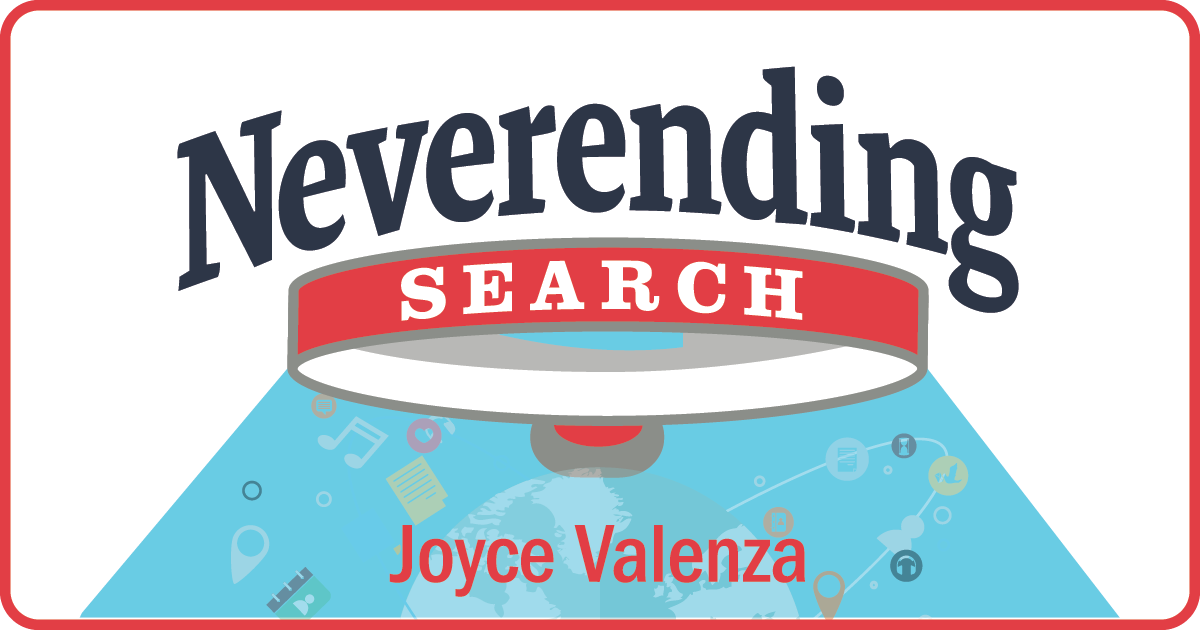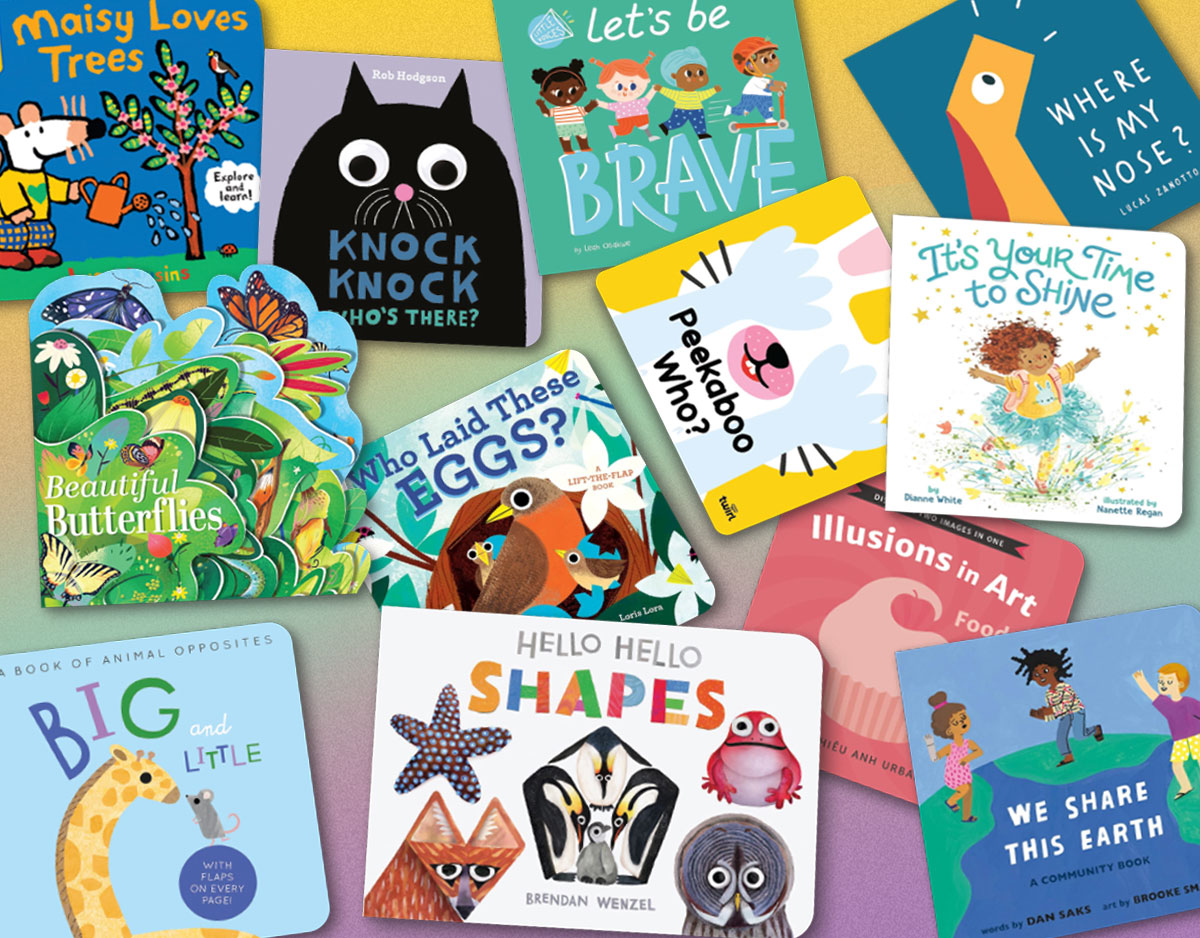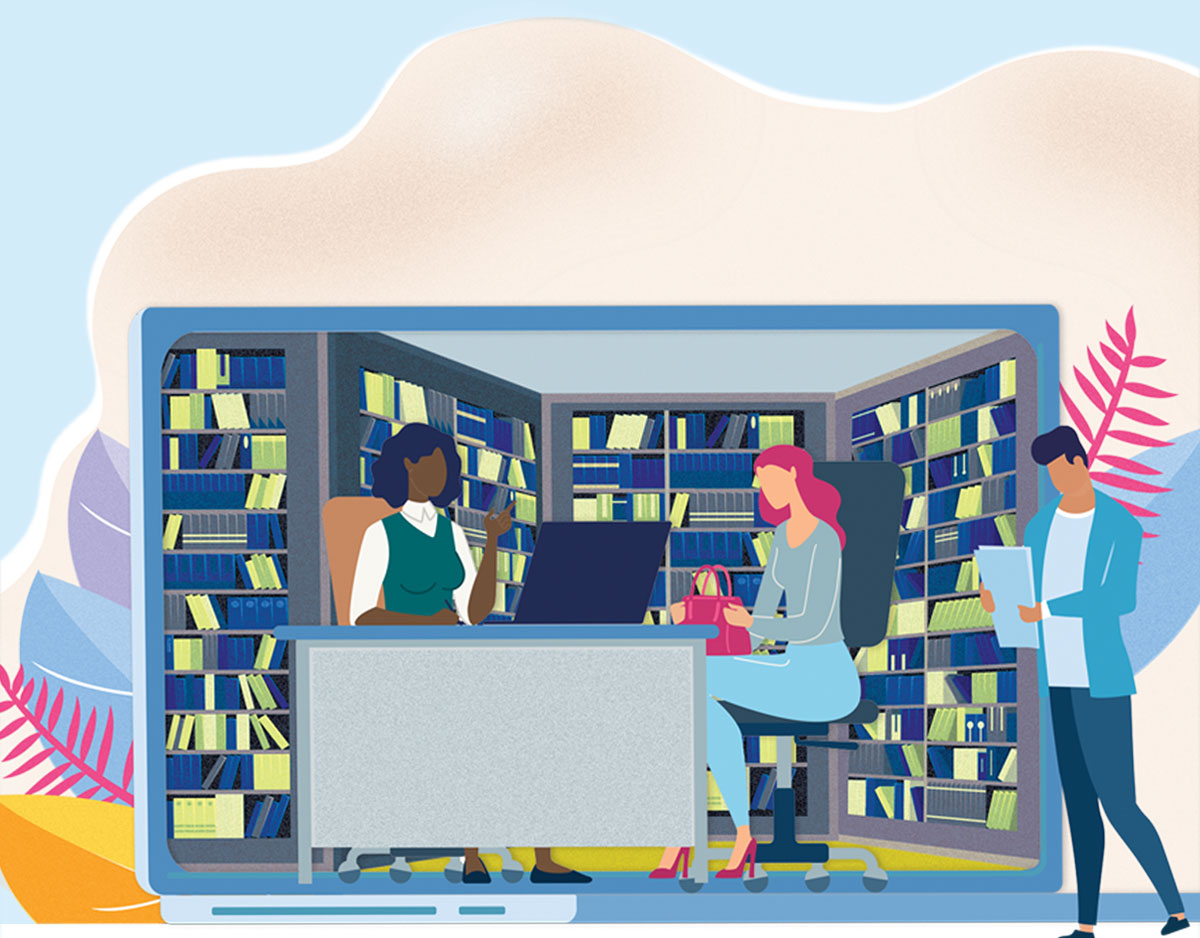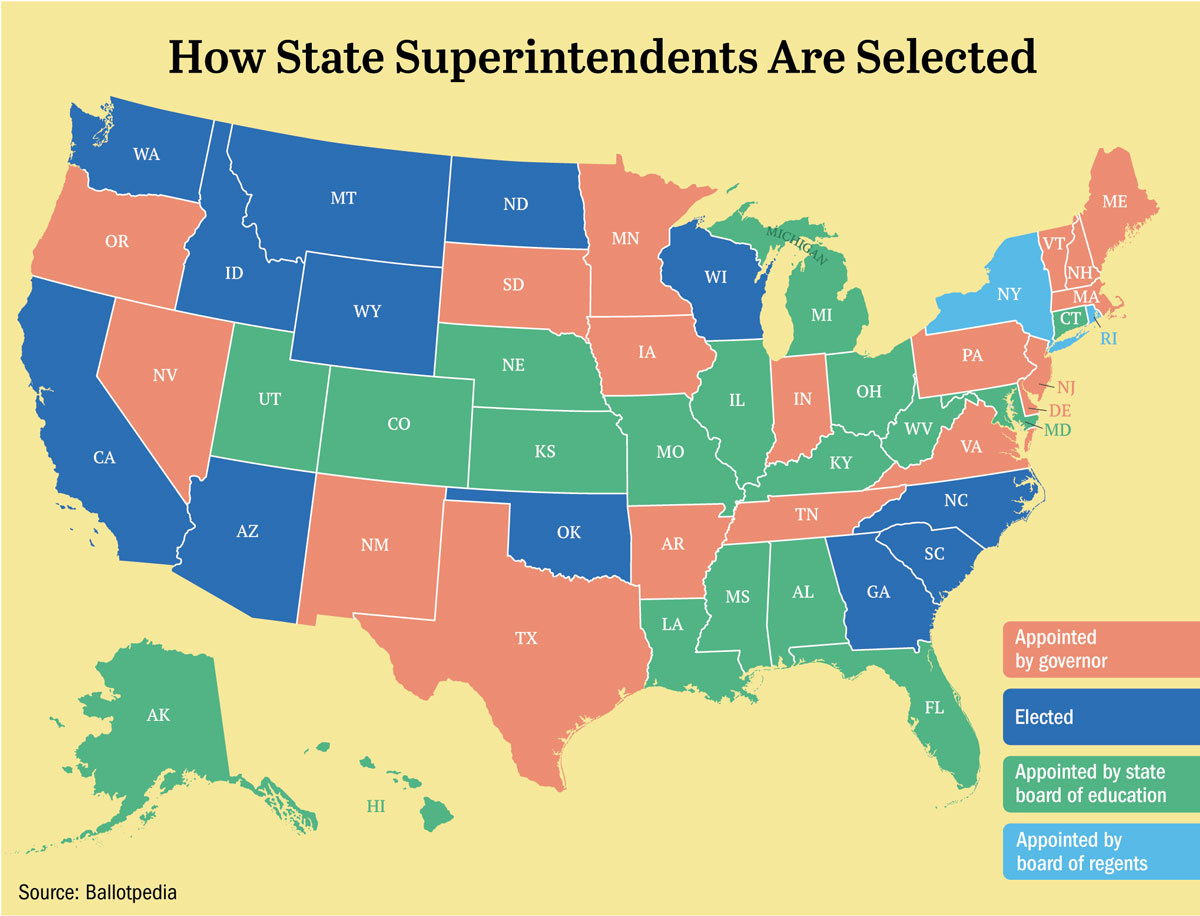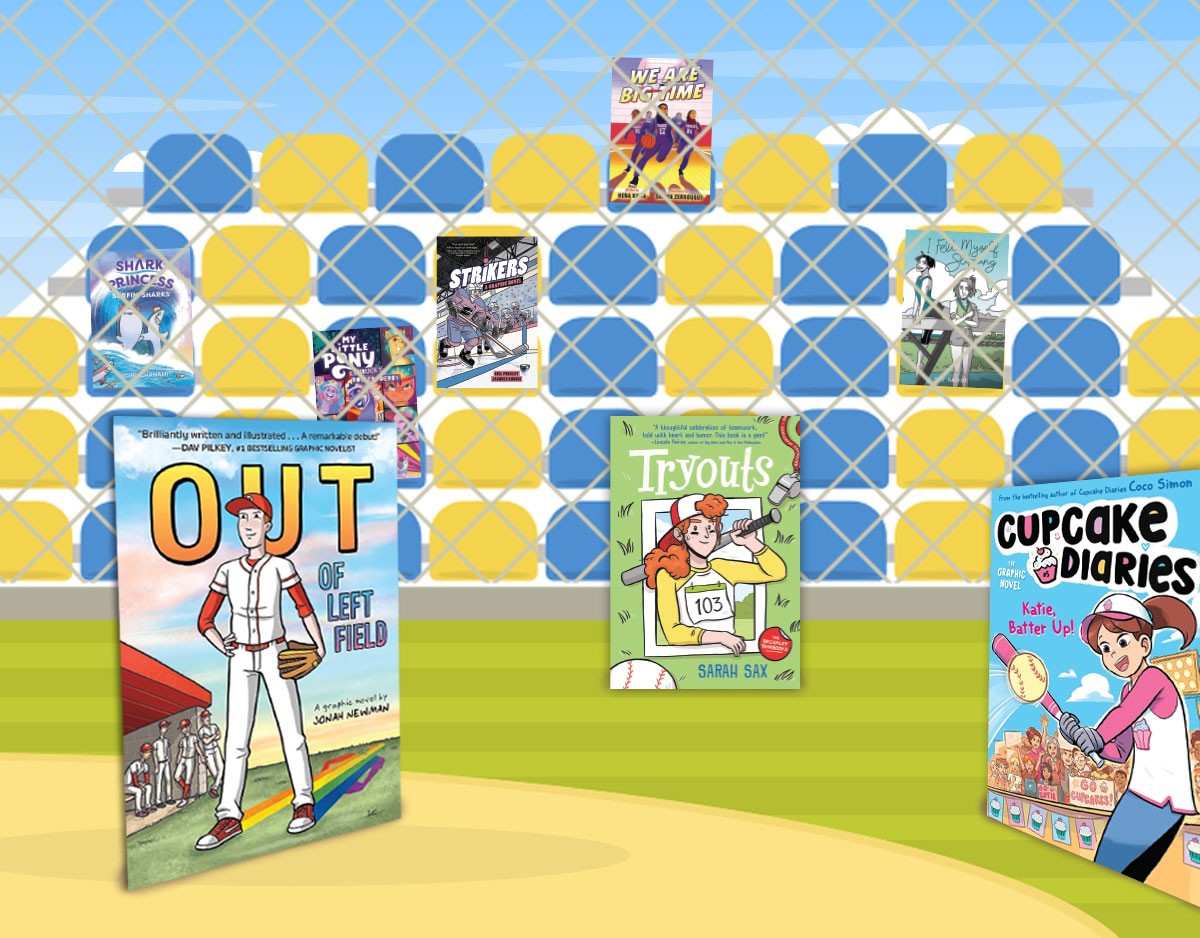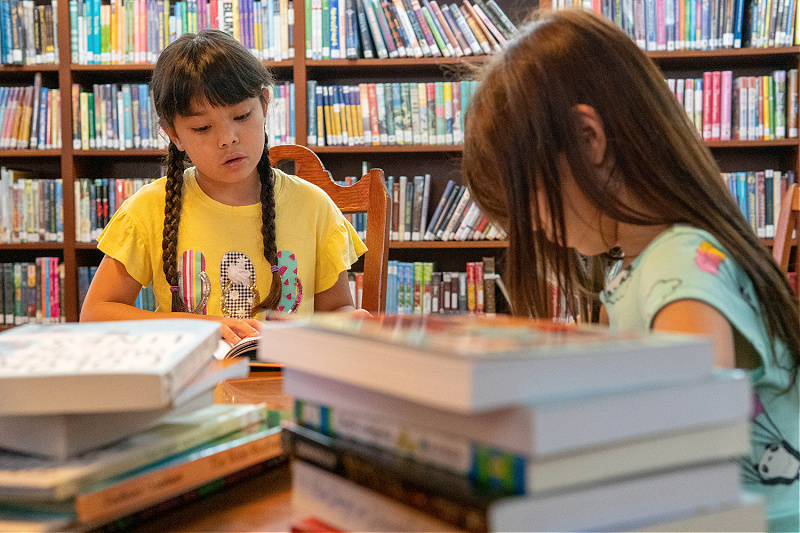SCROLL DOWN TO READ THE POST
Kidcasts: Podcasts for kiddos
Last week I enjoyed the great variety of edCamp Global sessions across a variety of platforms–Periscope, Twitter chats, and Google+ Hangouts.
 One session that continues to resonate with me is the Hangout on Kidcasts, or podcasts for kids. I suppose it’s because I was largely unaware that kidscasts were a thing, a potentially important thing. The session got me wondering why so few of us seem to be gathering podcasts as resources for teachers and parents and our libraries. Why aren’t we presenting and curating podcasts series for kids to discover?
One session that continues to resonate with me is the Hangout on Kidcasts, or podcasts for kids. I suppose it’s because I was largely unaware that kidscasts were a thing, a potentially important thing. The session got me wondering why so few of us seem to be gathering podcasts as resources for teachers and parents and our libraries. Why aren’t we presenting and curating podcasts series for kids to discover?
Hosted by Joe Rodriguez (@edtechjoe), 5th Grade teacher at The Ambassador School of Global Education in Los Angeles, the edcamp Global Kidcasts session featured Lindsey Patterson (@TumbleCast), co-host of the Tumble Science Podcasts for Kids and Kitty Felde, host and executive producer of Book Club for Kids.
ADVERTISEMENT
ADVERTISEMENT
Kitty described her own kidcasting journey. Last July she re-birthed Book Club for Kids as a podcast, a project she formerly produced as a National Public Radio show in Los Angeles. In LA driving culture, in particular, she considered how many young people were trapped in carpools listening to radio with parents, either their songs or their parents’. Kitty wondered what would happen if we could turn carpool into a learning experience and a conversation. She observed that podcasts have been largely adopted by a 20- to 35-year-old demographic. “I have to explain podcasts to parents, many of whom are older than that demographic, many of whom do not listen to podcasts.” In its current iteration, Book Club for Kids is a 20-minute share-fest. Targeted at grades four through nine, the show features kids talking about the books they love and how those books relate to their lives. (If you have kids who want to be on the show or want to ask questions of authors, send Kitty an email or follow the directions for sending an audio contribution.)
Lindsay, whose background is radio and her husband, Marshall, a middle and high school teacher, launched Tumble Science Podcasts for Kids because there was “not a lot of science material for kids with their interests and sensitivities in mind. We wanted to create something that didn’t exist in a wide and discoverable way.” The show, aimed at 5th and 6th grade, focuses on the process of how science works and the stories behind scientific discovery. Each episode begins with kids’ curiosity. Lindsay shared that she didn’t get into science before she interviewed a living, breathing scientist.
It’s important to understand science as an informed citizen. Since we started about two years ago, we’ve heard from many teachers who use it. We look forward to discovering more ways to collaborate and create educational resources and grow and improve. from teachers use during handwriting practice, they can listen, an ambient way to bring science into the classroom without devoting specific time.
The panel discussed the benefits of kidcasts. In addition to addressing the CCSS ELA Standards for Speaking and Listening, podcasts are convenient, portable, informal learning experiences. You can send them home with kids. Kids can take them to soccer practice.
Podcasts are an alternative to screen time and they can be integrated into routines families already have in a way that’s different from watching video. They can inspire productive and engaging multi-tasking. Kids can listen while they are helping with dinner, drawing or practicing handwriting. It’s easy for students to return to a podcast. When parents and children choose to listen to podcasts in the instead of music, they are using that time to learn together in a shared experience and they can follow up that learning with meaningful discussions. There are different types of kidcast experiences work in different situations. At bedtime, for instance, the panel pointed to Sparkle Stories, for their positive messages and because they calm and center kids as part of a night time ritual.
Both Kitty and Lindsay discussed their interest in working with educators to get the word out, to increase awareness of podcasts as a medium, to help teachers find, discover and use them and to and to make podcasts more school- and kid-friendly, to make podcasts even more compatible with classroom learning. Everyone agreed that the most common strategy of scanning the iTunes Kids and Family podcast list was less that effective for locating non-music audio for children.
Lindsay shared
It’s really hard to discover kids podcasts. People don’t know they exist. It’s hard to find one place to go to find podcasts specifically made for kids without having to screen them in advance. We decided to band together to raise awareness and visibility. A rising tide raises all boats. We believe if they discover a few, they’ll be looking for more. Whether it’s music, science, bedtime stories, or literature, we crave feedback from teachers on the front lines. We need to know how we can better serve you.
Kitty and Lindsay are among the eight founding members of the recently launched kidcasting advocacy platform, Kids Listen,
a new grassroots organization of advocates for high-quality audio content for children. Our mission is to build community, advocate for the growth of the medium, and create standards and ethics that serve as best practices for development, production, and monetization. Kids Listen is creating platforms for producers to share ideas, and publish data and information relevant to creators, consumers, and supporters of podcasts for kids.
The website allows members to provide internal support for each other to discover ways to make podcasts better and more sustainable–to make them work more effectively for schools and to raise general awareness.
Lindsay shared some of the insights about how kids interact with podcasts, based on a recent Kids Listen survey:
Most parents use podcasts purposefully and intentionally as a learning resource. They are already listening themselves and they seek ways for their kids can have that experience. Listening exercises another part of the brain. But kids listen differently; they engage in different ways. We found that kids actually listen more attentively than most adults–they listen to understand, to retain and to do something relating to what they learn. As an adult, I don’t listen to the same podcast twice. But kids listen to episodes over and over, just like they re-read their favorite books or watch favorite movies multiple times. They really absorb what they hear, and they love to tell others what they’ve learned.
On finding kidcasts:
In a July blog post, Podcasts for Kids, Zooglobble‘s Stefan Shepherd offered a very helpful directory of podcasts for kids and families.
Book Club for Kids: Hosted and produced by award-winning public radio journalist, Kitty Felde, the show features middle school-age readers who meet to talk about books they love. The show often includes a celebrity reading from the book and authors joining in to answer kids’ questions.
(Note: Start this video about 20 minutes in to avoid the technical difficulties.)
Save
Save
Save
Filed under: listening, podcasts, technology
About Joyce Valenza
Joyce is an Assistant Professor of Teaching at Rutgers University School of Information and Communication, a technology writer, speaker, blogger and learner. Follow her on Twitter: @joycevalenza
ADVERTISEMENT
SLJ Blog Network
2024 Books from Pura Belpré Winners
Passover Postings! Chris Baron, Joshua S. Levy, and Naomi Milliner Discuss On All Other Nights
Winnie-The-Pooh | Review
Crafting the Audacity, One Work at a Time, a guest post by author Brittany N. Williams
The Classroom Bookshelf is Moving
ADVERTISEMENT
ADVERTISEMENT

